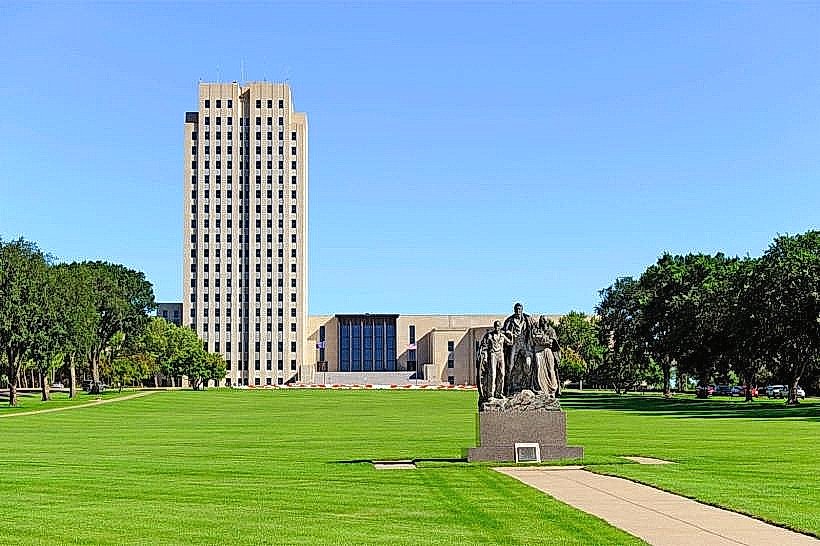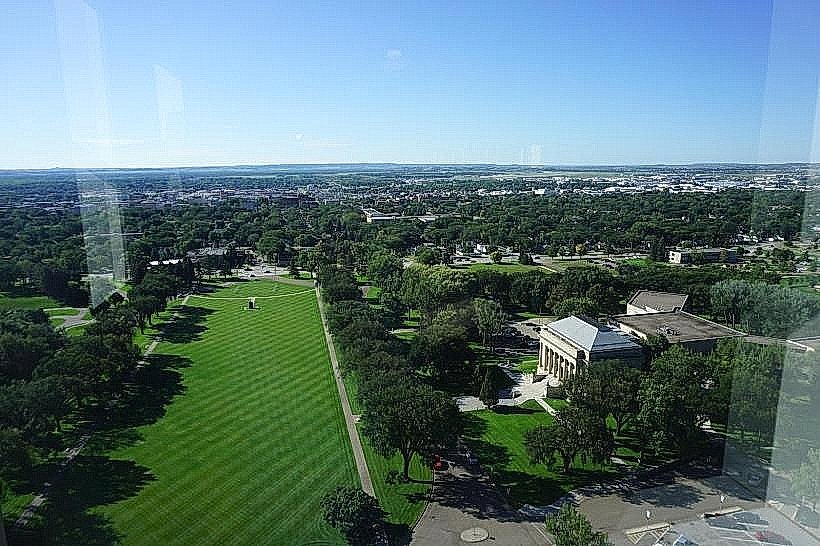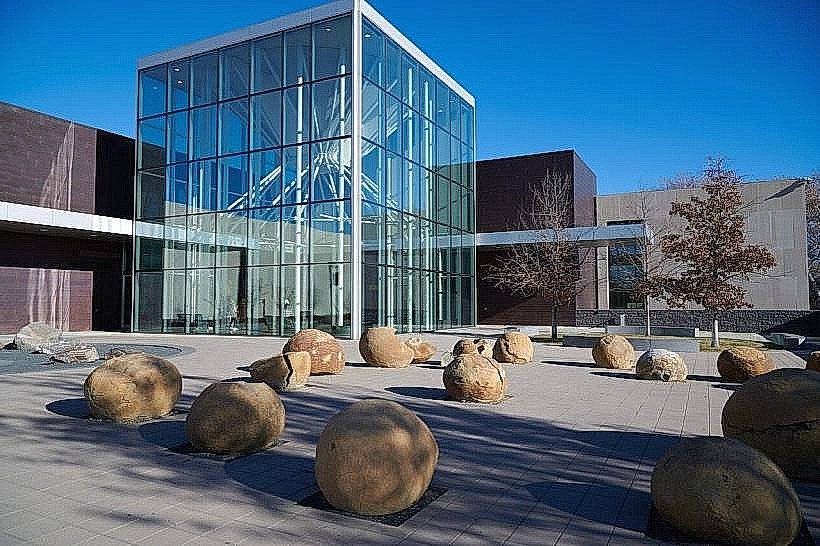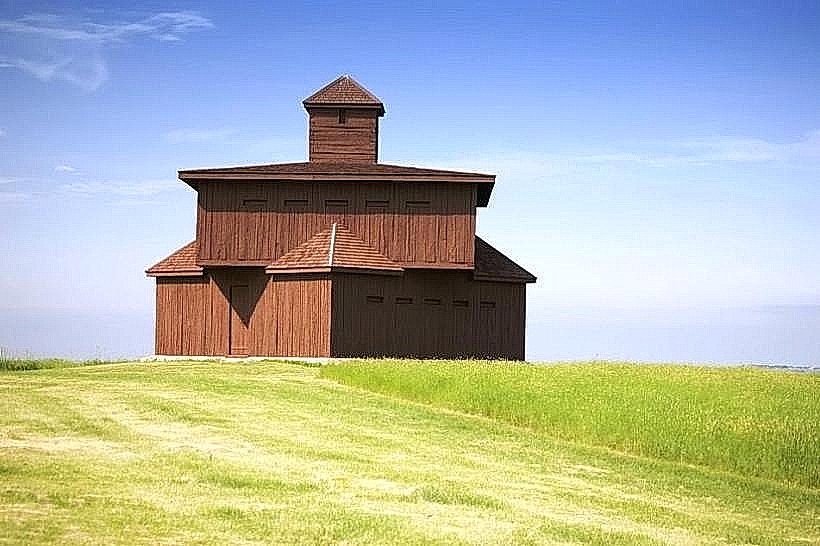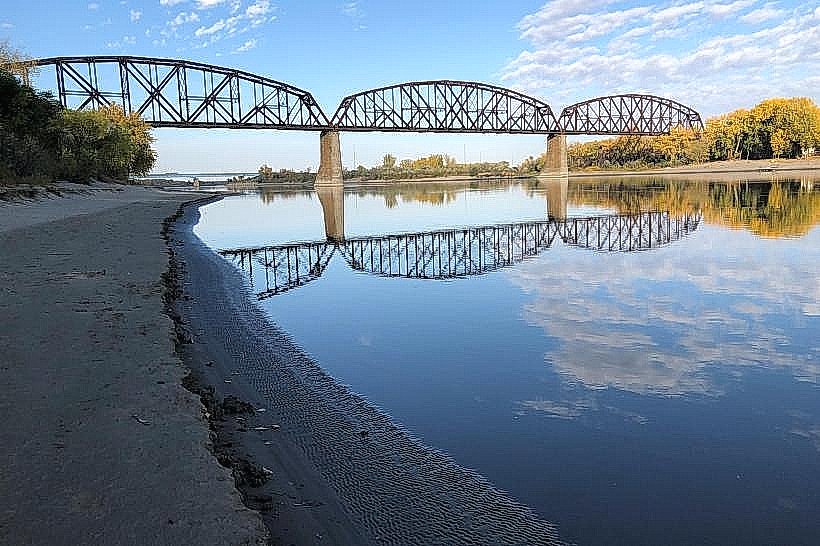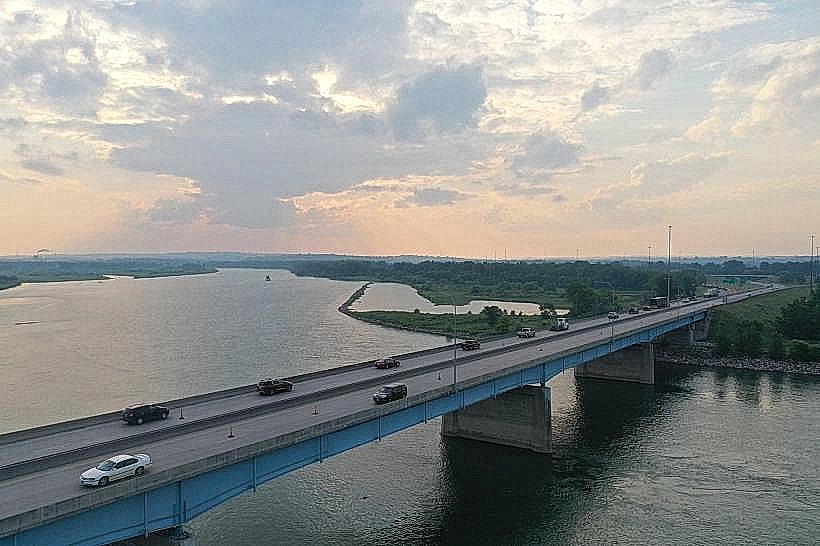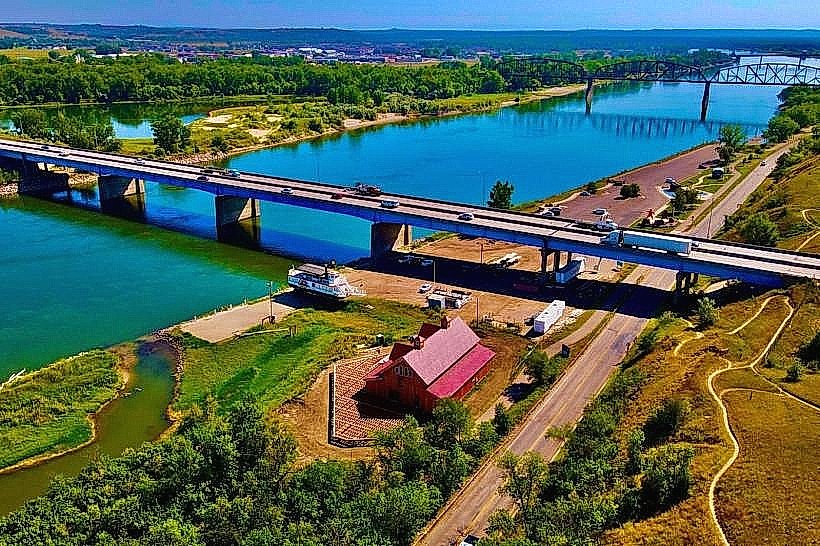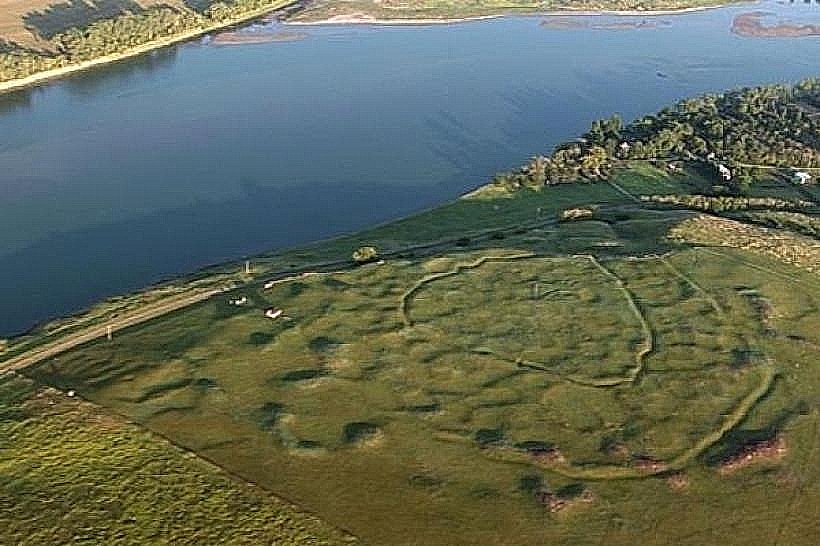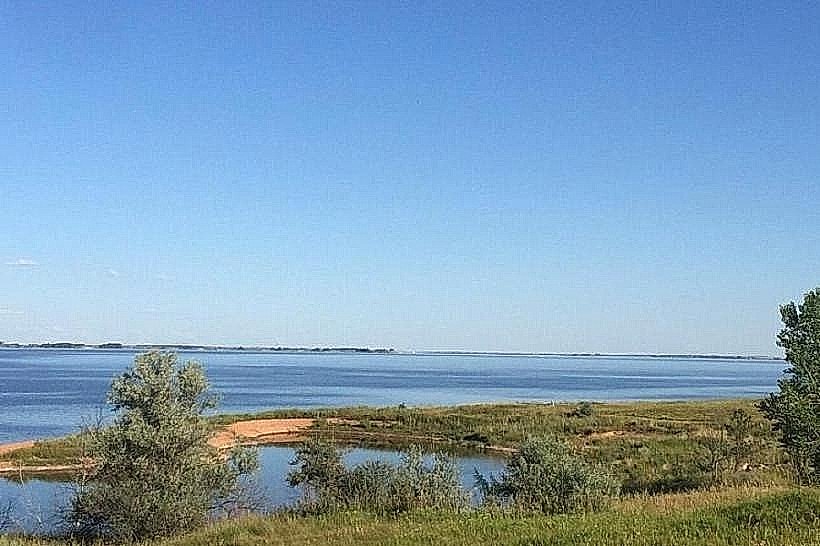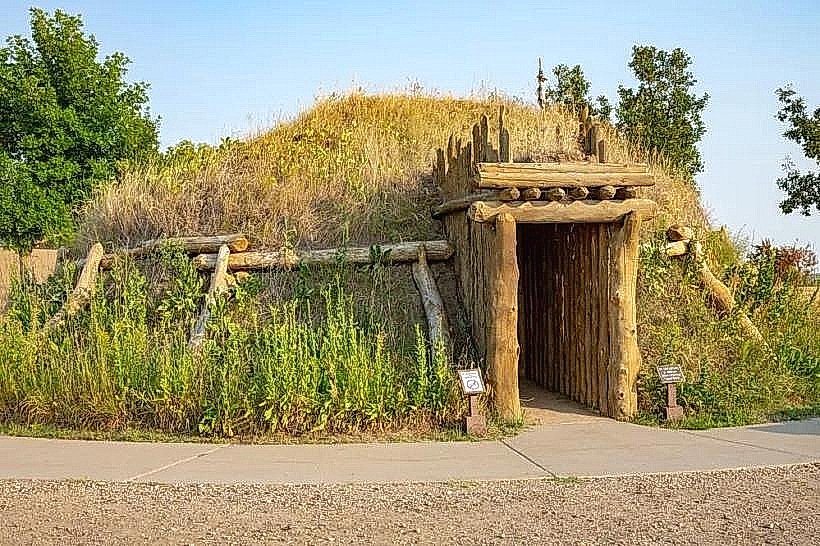Information
Landmark: Liberty Memorial BridgeCity: Bismarck
Country: USA North Dakota
Continent: North America
Liberty Memorial Bridge, Bismarck, USA North Dakota, North America
The Liberty Memorial Bridge stands as one of the most recognizable symbols of unity between Bismarck and Mandan, gracefully spanning the Missouri River and linking the east and west banks of North Dakota’s capital region. It is both a modern engineering landmark and a historical tribute - a bridge that carries not just vehicles and people, but the memory of a century’s worth of progress and remembrance.
Historical Background
The first Liberty Memorial Bridge opened to traffic on September 18, 1922, marking a turning point in the state’s transportation history. Before its construction, travelers relied on ferries and seasonal pontoon crossings to move between the two cities, often hindered by ice or high water. The bridge became North Dakota’s first vehicular bridge over the Missouri River, symbolizing the arrival of the automobile age on the Northern Plains.
The original steel truss bridge was built as a memorial to the North Dakotans who served and died in World War I, and its name - “Liberty Memorial” - reflected the spirit of national pride and postwar optimism. It quickly became an essential lifeline for commerce, agriculture, and community connection, transforming daily life in the region.
For over 80 years, the bridge carried generations of motorists across the river until it was replaced in 2008 by a modern twin-span structure designed to meet contemporary needs while honoring its historic name.
Modern Design and Features
The current Liberty Memorial Bridge, completed in 2008, stands just south of the original crossing. Its design reflects both functionality and elegance - two parallel concrete spans, each with a gently curving profile that mirrors the flow of the river beneath. The structure accommodates four lanes of Interstate 94 traffic, serving as one of the busiest and most vital arteries in central North Dakota.
At night, the bridge is illuminated with subtle blue and white LED lighting, casting reflections across the Missouri River and creating a striking skyline view from both downtown Bismarck and Mandan’s riverfront. The lighting design was carefully planned to enhance visibility while paying tribute to the original bridge’s historical presence.
Pedestrian walkways and observation areas on both sides of the river allow visitors to pause and take in panoramic views - from the Northern Pacific Railroad Bridge to the north to the Grant Marsh Bridge further upstream.
Engineering and Construction
The bridge stretches approximately 2,400 feet across the Missouri River, with deep-set concrete piers designed to withstand strong currents, ice flows, and flooding. It was built to accommodate heavy interstate traffic while maintaining visual harmony with the surrounding landscape.
A notable aspect of its design is the integration of aesthetic lighting and open railings, which give the bridge an airy, contemporary appearance. The smooth approach ramps and wide shoulders provide safe access for both vehicles and pedestrians, a thoughtful modernization absent in the 1922 original.
Scenic and Cultural Setting
Standing on the Liberty Memorial Bridge offers a unique view of both cities and the river that has shaped them. To the east lies downtown Bismarck, with its low skyline and the distant profile of the State Capitol Tower; to the west, Mandan’s bluffs and green riverbanks unfold beneath an open sky.
The Missouri Riverwalk trails run beneath the bridge, providing shaded spaces for walking, cycling, and photography. During early morning hours, mist often drifts along the water’s surface, softening the bridge’s silhouette. By sunset, the scene turns golden - the river glows beneath the arches, while the hum of traffic above fades into the calm rhythm of the current.
The Legacy of the Original 1922 Bridge
Although the original Liberty Memorial Bridge was dismantled after the new bridge opened, its legacy remains deeply woven into the region’s identity. The cornerstones and plaques from the 1922 structure were preserved and installed near the modern bridge’s viewing areas, ensuring that its story endures.
For residents, the bridge’s name continues to serve as a living memorial - a reminder of those who served in wartime and the generations who built the state’s infrastructure through determination and vision.
Community and Symbolism
The Liberty Memorial Bridge has always represented more than a crossing. It is a symbol of unity, both physically connecting two communities and spiritually reflecting the shared history of the people who live along the Missouri. Weddings, charity runs, and local events often feature the bridge as a backdrop, underscoring its role as both a civic landmark and a gathering place.
It embodies continuity - from the iron trusses of 1922 to the smooth concrete arcs of today, each era leaving its mark on the same stretch of river that has long defined life in central North Dakota.
Overall Impression
The Liberty Memorial Bridge captures the essence of North Dakota’s progress: strength grounded in history, design informed by purpose, and beauty drawn from simplicity. Standing over the quiet flow of the Missouri River, it serves as both an everyday necessity and a timeless reminder that bridges - like the communities they unite - endure through adaptation, respect, and remembrance.

